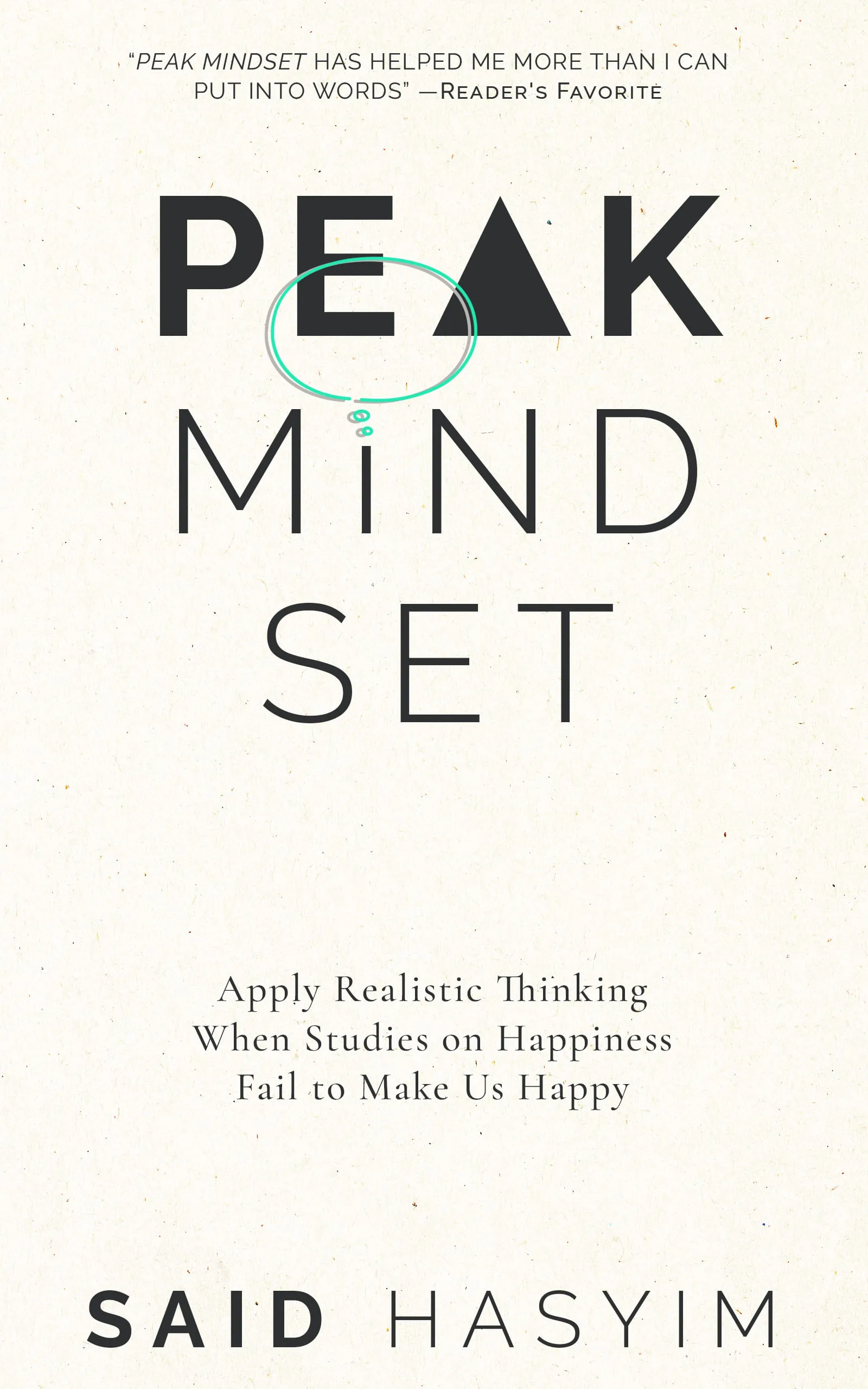Realism Over Idealism: The Key to Lasting Happiness
In a world filled with aspirations, dreams, and the pursuit of perfection, it is easy to get swept away by idealism. The allure of the perfect life—complete with flawless relationships, career success, and lifelong happiness—can be intoxicating. However, recent discussions in philosophy and psychology suggest that aligning our expectations more closely with reality might be the secret to true, lasting happiness. In this post, we will explore the benefits of realism over idealism and how adopting a realistic mindset can lead to a more fulfilling life.
What is Idealism?
Idealism is defined as the practice of forming or pursuing ideals, especially unrealistically. It embodies the vision of how things should be rather than how they are. Idealists tend to focus on what is perfect, noble, and often unattainable. While these aspirations can motivate individuals to strive for greatness, they can also lead to disappointment and frustration when reality falls short of these lofty standards.
Pros and Cons of Idealism
Pros:
- Inspiration: Idealism can inspire creativity and innovation. It encourages people to dream big and pursue ambitious goals.
- Motivation: Idealists often possess a strong drive to effect change, whether in their personal lives or on a broader social level.
Cons:
- Disappointment: When reality doesn’t meet expectations, idealists can feel disillusioned and demotivated.
- Stress and Anxiety: Constantly chasing unattainable ideals can result in chronic stress and anxiety, leading to a negative impact on mental health.
What is Realism?
Realism, on the other hand, focuses on seeing things as they truly are—acknowledging imperfections and recognizing limitations. A realist accepts reality without the filters of idealized concepts. This mindset is not about pessimism; rather, it is about grounded, rational thinking based on actual circumstances.
Pros and Cons of Realism
Pros:
- Clarity: Realists have a clear understanding of their strengths and weaknesses, which allows for more effective decision-making and goal-setting.
- Resilience: By facing reality head-on, realists are often more adaptable to changing circumstances and better equipped to handle setbacks.
Cons:
- Risk of Apathy: If taken to the extreme, a strictly realist mindset may lead to disengagement or a lack of ambition.
- Less Inspiration: Realism may sometimes be seen as lacking in vision or daring, leading individuals to settle for mediocrity.
The Balance Between Realism and Idealism
While both idealism and realism have their merits, finding a balance between the two can greatly enhance overall happiness. The key is to dream and aspire realistically—setting achievable goals while remaining motivated by your ideals.
How to Embrace Realism for a Happier Life
Set SMART Goals: Goals should be Specific, Measurable, Achievable, Relevant, and Time-bound. This framework encourages you to aim high while maintaining a practical approach.
Embrace Imperfections: Accept that perfection is an impossible standard. Instead, focus on progress and growth. Recognizing that setbacks are part of the journey can help you remain resilient.
Practice Gratitude: Instead of constantly longing for what you do not have, take time to appreciate what you do possess. Gratitude has been shown to improve overall well-being and satisfaction.
Reflect on Expectations: Take a moment to examine the expectations you set for yourself. Are they realistic? Adjusting your expectations can help you align your goals with reality, reducing frustration.
Cultivate a Growth Mindset: Adopt the belief that abilities can be developed with effort and perseverance. This perspective fosters resilience and encourages a realistic approach to challenges.
Seek Constructive Feedback: Surround yourself with people who provide honest, constructive feedback. Realist perspectives can ground your ideals and keep you aligned with realistic paths to success.
Stay Open to Change: Life is unpredictable. A flexible attitude allows for adaptation in the face of changing circumstances, leading to greater resilience and less disappointment.
The Role of Mindfulness
Mindfulness, the practice of being present and fully engaging with the current moment, complements a realistic mindset. By focusing on the here and now, individuals can appreciate their current situations rather than ruminating over unattainable ideals. Mindfulness can cultivate acceptance and reduce stress, fostering a deeper sense of contentment.
Realism as a Pathway to Resilience
Ultimately, embracing realism is about cultivating resilience. Life is full of ups and downs, and those who can navigate these changes gracefully often experience longer-lasting happiness. Here are a few stories that inspire this tenet:
J.K. Rowling: Before finding success with the Harry Potter franchise, Rowling faced numerous rejections. Rather than allowing these setbacks to push her into despair, she adapted and continued to rewrite her dreams until they became a reality.
Thomas Edison: Edison's journey was marked by countless failures before finding the right formula for the lightbulb. Instead of striving for an ideal outcome immediately, he learned from his failures, showcasing the essence of a realistic (and resilient) mindset.
By focusing on realistic steps towards your goals, you can create a sustainable plan with achievable outcomes, ultimately leading to a deeper sense of fulfillment and joy.
Conclusion
In our quest for happiness, we must remember that realism serves as a sturdy foundation for fulfilling lives. By embracing a realistic perspective and blending it with our aspirations, we can break free from the shackles of idealism and enjoy life as it is—a beautiful, messy, and ever-evolving journey. So, as you pursue your goals and dreams, keep in mind the power of realism. It may just be the key to unlocking the lasting happiness you seek.
Leverage Your Mindset for a Fulfilling Life
Explore Peak Mindset, a book to leveraging your subconscious for a more fulfilling life. Gain insights into realistic thinking, money management, and stress resilience to make informed decisions. Discover pitfalls in conventional happiness advice and practical strategies for self-transformation. Unlock your potential and enhance your overall satisfaction.
